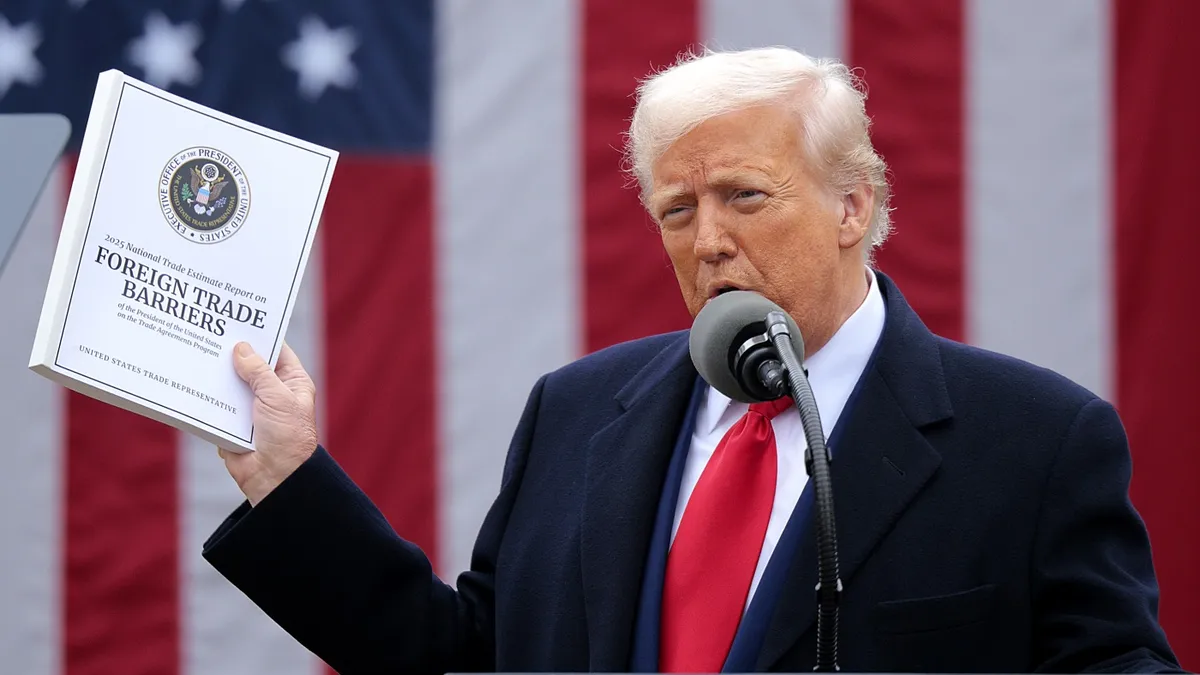
In a significant ruling, an appeals court has determined that the majority of President Trump's tariffs are illegal. However, the enforcement of this decision has been postponed until mid-October, anticipating a potential appeal to the Supreme Court. This landmark decision was issued by the U.S. Court of Appeals for the Federal Circuit located in Washington, D.C., and primarily addresses the reciprocal tariffs that Trump implemented in April, as well as separate tariffs on imports from China, Canada, and Mexico. These tariffs were initially justified under emergency powers granted by a law from the 1970s.
While the ruling does not affect other tariffs authorized under different legal frameworks—such as the taxes on imported steel and aluminum—it represents a significant challenge to Trump's tariff policies. The tariffs he enacted have been a hallmark of his economic strategy, establishing the highest import taxes the nation has seen since the 1930s.
The court's decision emphasizes that President Trump exceeded his authority when invoking the International Emergency Economic Powers Act (IEEPA) to impose the majority of his tariffs. This act, originating in the 1970s, grants the president the ability to respond to unusual and extraordinary threats during national emergencies. However, the divided court, with a vote of 7 to 4, concluded that the IEEPA does not provide Trump with the authority to implement such extensive tariffs. The ruling clarifies that while the statute confers significant powers for various actions in response to a declared national emergency, it does not explicitly include the imposition of tariffs or duties.
Trump has consistently advocated for his tariff policies, which currently vary from 15% on goods imported from the European Union to 50% on imports from India. He claims these tariffs are essential for correcting imbalances in global trade that he believes disadvantage the U.S. However, there are growing concerns regarding the broader implications of these tariffs on the global economy. Many economists warn that the tariffs could ultimately harm U.S. businesses and consumers, who are likely to bear the financial burden of these import taxes.
Early indicators suggest rising inflation as a result of these tariffs, although the full economic effects may take time to materialize. Additionally, the tariffs have faced numerous legal challenges, including a lawsuit initiated by a coalition of states. This latest ruling from the Washington court follows a similar decision made by the U.S. Court of International Trade, which declared the tariffs illegal earlier this year, affirming in May that the president had overstepped his legal authority.